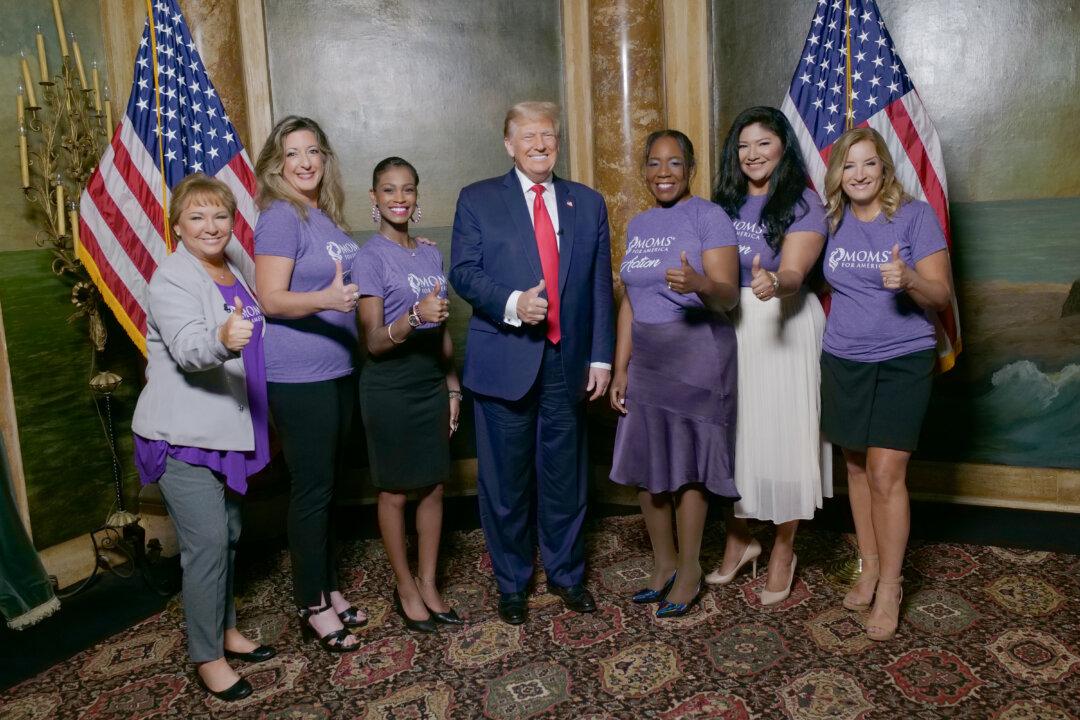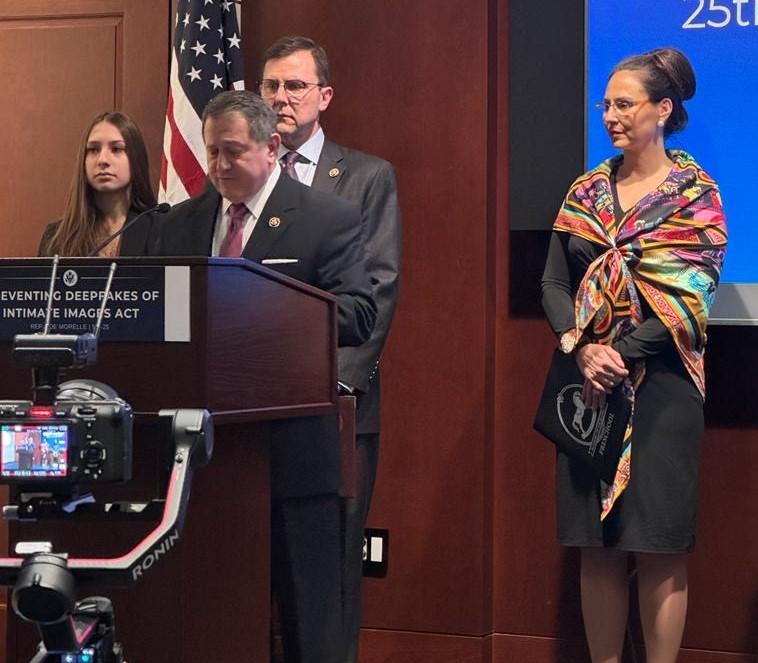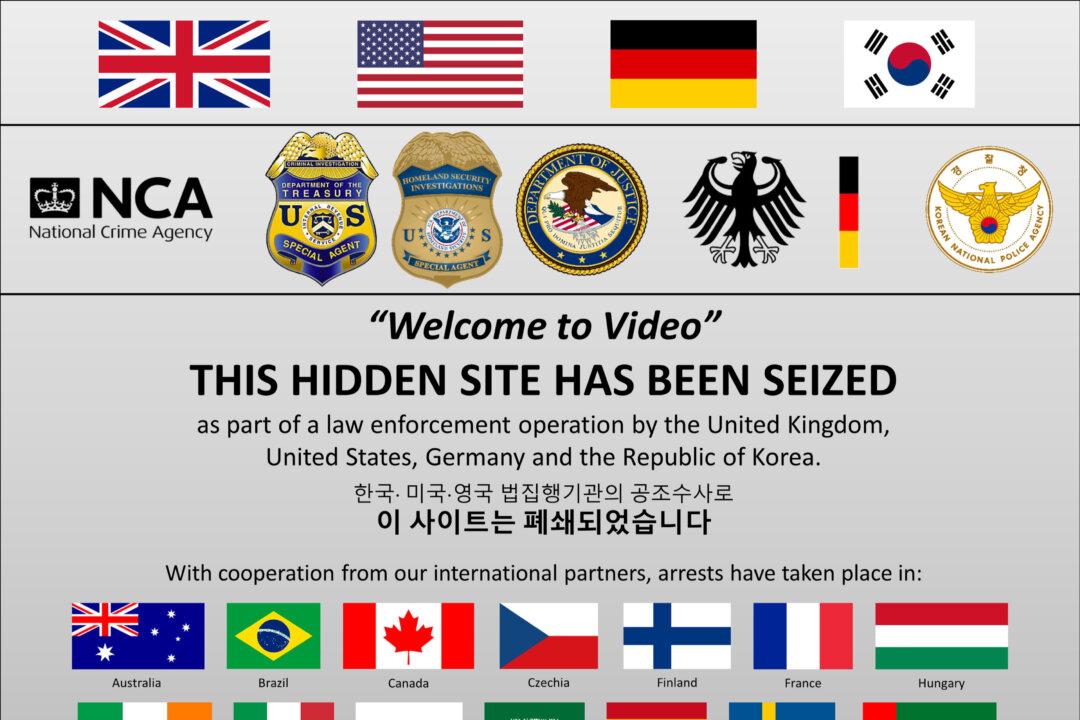Since the Dec. 12, 2012, massacre of 20 children and six educators at Sandy Hook Elementary School in Connecticut, the state has passed several laws to restrict and make it more challenging to own and use a firearm.
Connecticut has some of the strictest gun control laws in the nation.





